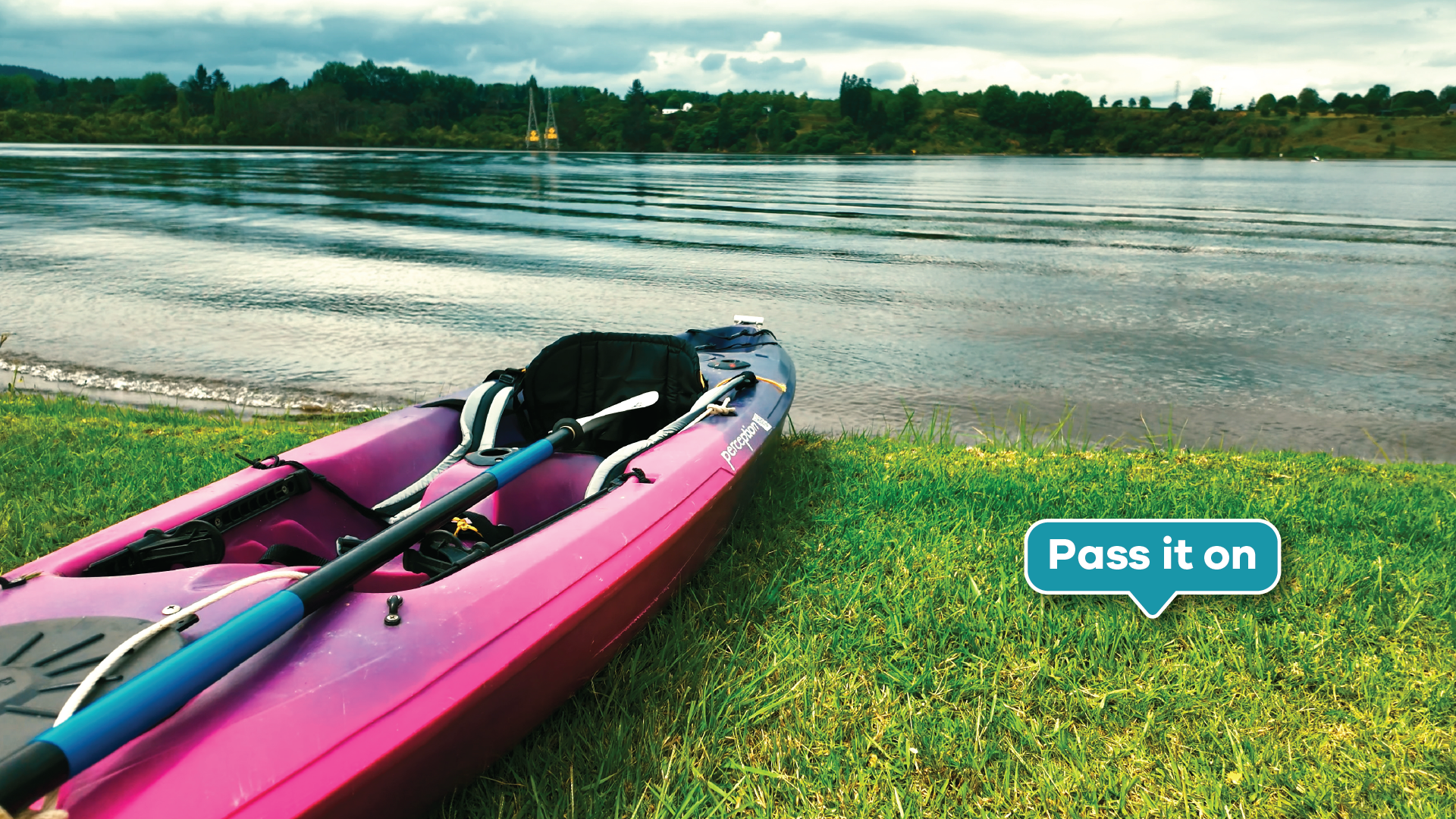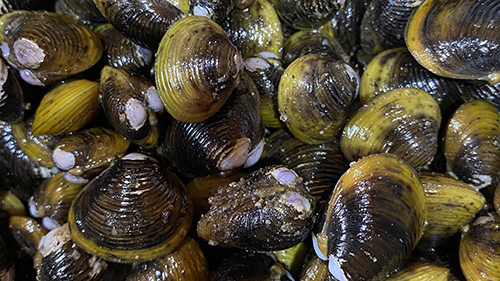A Waikato summer means thousands of locals and visitors out and about enjoying the water and the warmth. Pass it on has a range of facts, updates and tips specifically for this time of year. We need your help to stop invasive aquatic pests spreading in and out of the region and we want to help you boat and swim safely. Our maritime services team will be on patrol and our water monitoring scientists want you to know when it is safe to swim at the region’s most popular beaches and inland waterways. If you are in the city this summer, you might be interested in learning more about the native bats that live among Hamilton’s river and gully areas.
Help us out if you can, by passing the info onto people who need to know.
Harbourmaster
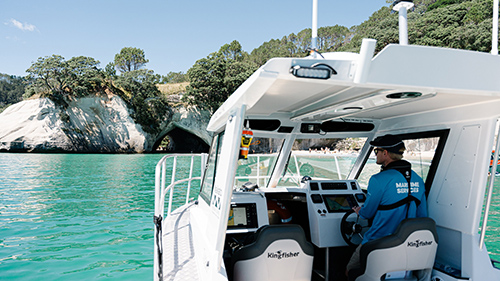
Look out for the Waikato Harbourmaster on the water this summer, promoting safe boating to around 160,000 recreational boaties enjoying our coastal and inland waterways. Remember to wear your life jacket and if you see any incidents, report them to us on 0800 800 401.
Find out more about our maritime services including rules and safety information, the navigation safety bylaw, bar crossings, jetski registration, moorings and the Tairua Sandbar here.
Invasive clams
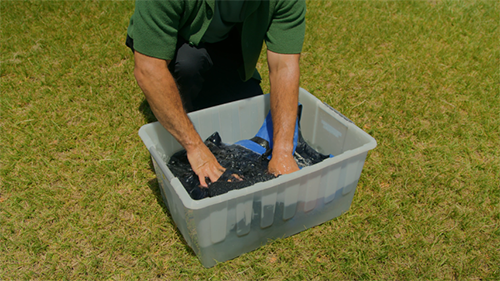
Invasive freshwater clams have infested the Waikato River and we need everyone to help stop them spreading further. They can hitch a ride on your boat or equipment and infect the next place you go. Juveniles can survive for up to two days out of the water, and adults for 30 days. The invisible larvae can even survive detergent washing in absorbent gear like wet suits and life jackets. So soak this gear in hot water (55°) or household bleach, or freeze it solid before completely drying it out for 48 hours.
The whole river north of the Whakamaru Dam is under a controlled area notice (CAN) so you can’t move anything from this waterway to another without completing check, clean and dry protocols first. Find out how here.
Exotic caulerpa
Exotic caulerpa is infesting our sea floor. It can form thick covering mats and it takes just a small fragment to start a new population. The pest has been confirmed in the Coromandel Peninsula marine area and we need everyone to help stop it spreading further. So if you find something that looks like caulerpa, bag it, bin it, note the location and report it. That’s how we protect our paradise.
Swimming after rain
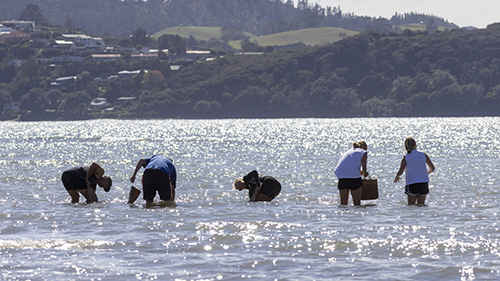
Heavy or prolonged rain washes bacteria, pathogens, chemicals and other pollutants into river and coastal waters. Avoid swimming in or entering these areas for two to three days afterwards, especially at river mouths and urban beaches, or near stormwater outlets.
Check LAWA’s Can I Swim Here? page for the latest water quality data at our most popular swimming spots.
Pekapeka (bats)
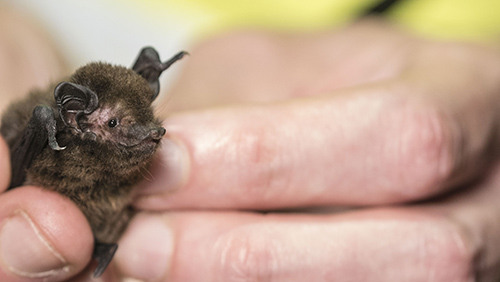
Hamilton is home to a rare urban population of pekapeka-tou-roa, native long-tailed bats. They live in the riverside and gully habitats around the city and need trees with roost features like cavities, hollows, crevices and flaky bark. These trees are often older and include tōtara, pūriri, kānuka, oak and blackwood.

